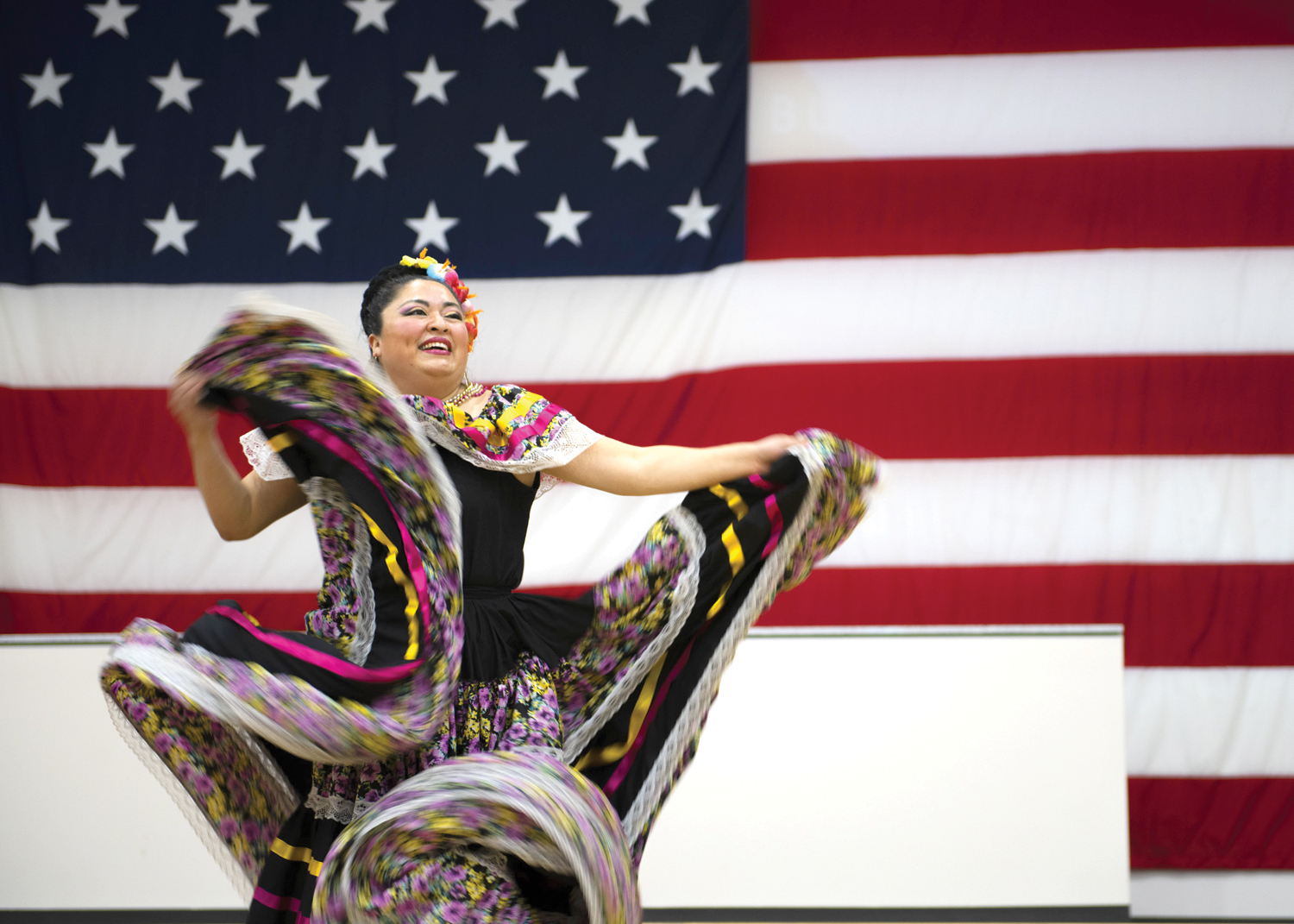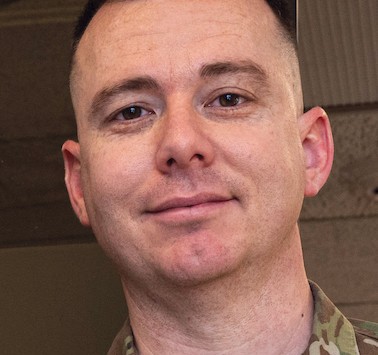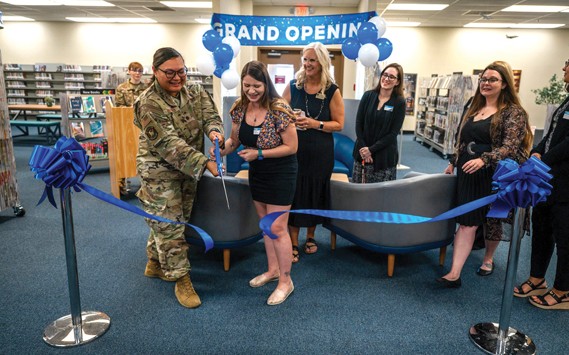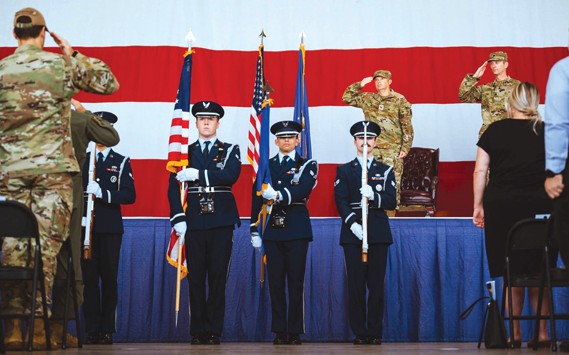Editor’s note: This commentary was first published Oct. 17, 2019.
Growing up, my father was intent on passing every piece of my Hispanic heritage to me; food, music, and the rituals and superstitions that sound crazy to someone not familiar with them. In addition, he shared the stories of his struggles, many of which were not unique to the Hispanic community.
My father was born in Chicago into a migrant family, and at 6 years old he began harvesting crops, herding cattle and taking care of horses. He and his family worked long hours, performing exhausting work, and at the end of the week their take-home pay was $40.
He started school speaking only Spanish and with the nature of his family’s work, he moved five or six times every school year all over the country. My father often laughs when recalling how he couldn’t speak enough English to tell the teachers what grade he was in, and their solution was to place him in a grade based on his height. Since he was tall for his age, the teachers were always wrong.
Immediately after graduating high school in 1969, he was drafted into the U.S. Army to fight in the Vietnam War. The opportunity with the military propelled him out of a world of poverty while at the same time exposing him to new trials.
At that time, the Army living quarters were segregated based on race, not because policy required it, but because it was necessary for minorities to protect themselves. While the war was unfolding, there was another war on the home front with the Ku Klux Klan, who terrorized minorities. On the opposing side were the Black Panthers and Brown Berets who fought back.
My father’s first encounter with the KKK was in Vietnam, when they filled the ditches that were next to the tents of minorities with gasoline, setting them on fire and killing several people.
Even with the obstacles he faced, my father emerged with a deep patriotism for the country that he had grown up and served in and felt it was his responsibility to make meaningful contributions to it.
My life and military career, compared to his, has been polar opposite. I have never experienced racism or discrimination to the extent he has, and opportunities for education have always been available. The military I know and work in today is a diverse force that encourages the promotion of people with different backgrounds.
Through my father’s experiences, I have learned that the world does not owe me anything — a realization I share with those around me. This understanding helps me be grateful for each opportunity I have experienced.
I recognize these advantages in my life as the byproduct of the many sacrifices he made to advance his children’s prosperity; however, these sacrifices run deeper than just the love of a father. They are a fundamental structure in a culture which emphasizes the importance of family, strength and perseverance.
The celebration of Hispanic Heritage Month shows the growing recognition of the contributions made by members of the Latinx community and the embrace of a beautiful culture.












